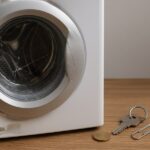Beware of these 3 common household items that could be silently increasing your cancer risk! This is no exaggeration—many remain unaware of these hidden dangers.
1. Toxic Paper Towels
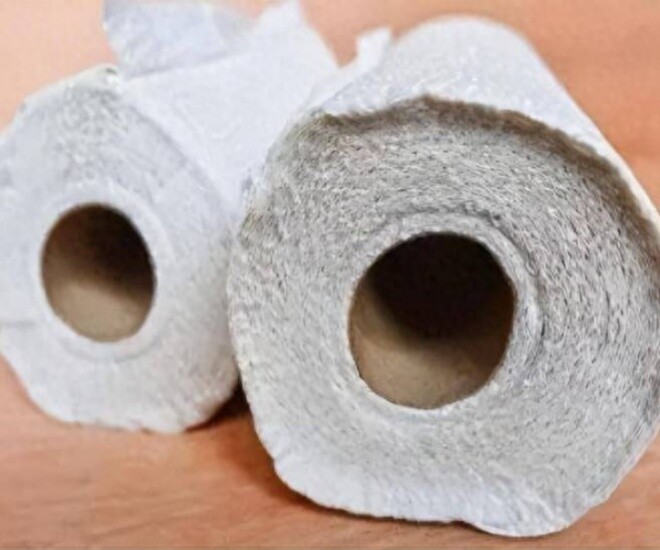
Feeling satisfied with your bargain paper towels? Shockingly, these ultra-cheap options might be dirtier than your household rags. Hard to believe, but it’s true.
Paper towels become toxic when they contain excessive bacteria, harsh bleach, or heavy metals. These harmful residues often stem from subpar manufacturing processes that fail to meet safety standards.
Reputable brands use virgin wood pulp or pure bamboo fiber. However, many manufacturers cut costs by using recycled waste paper and household trash. These materials are riddled with bacteria, mold, and toxic impurities.
With counterfeit products flooding the market, opting for cheap towels increases your risk of buying unsafe ones. Prolonged use can lead to skin allergies, respiratory issues, and even long-term health problems, including cancer.
When shopping, prioritize trusted brands and official retailers. Check labels carefully—choose products explicitly marked with “virgin wood pulp” or “pure bamboo fiber.” Vague labels like “wood pulp” often indicate recycled materials that lack safety guarantees.
2. Toxic Cups
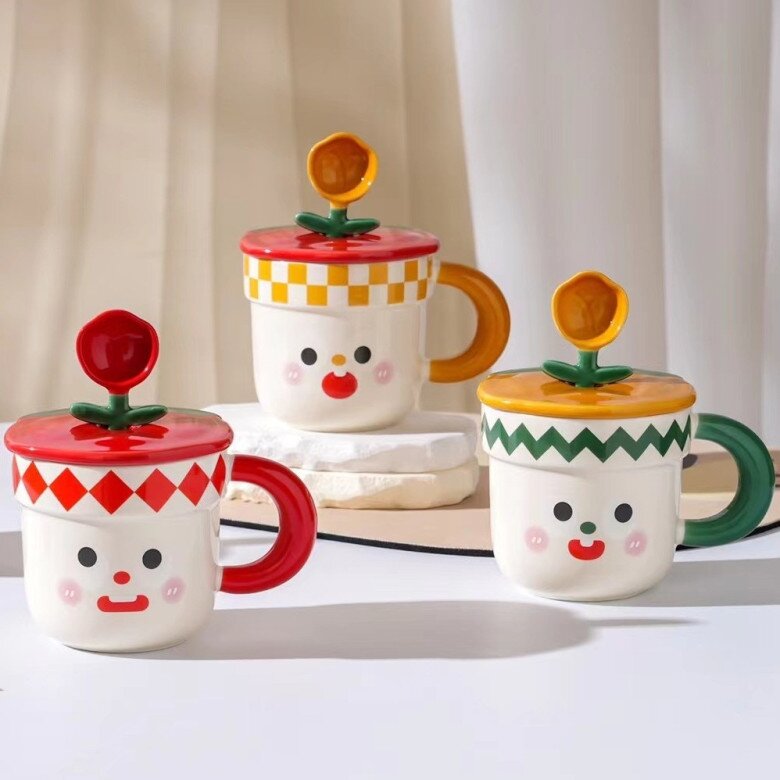
Love collecting unique cups? Learn to avoid the toxic ones first.
Many low-quality thermoses use industrial-grade 201 stainless steel for the inner lining, falsely labeled as food-safe 304 or 316 steel.
Over time, heavy metals leach into hot liquids, turning your drink toxic. Accumulation in the body can damage the liver, kidneys, digestive system, and nervous system, potentially leading to cancer or life-threatening poisoning.
Colorful glazed ceramic cups, especially those painted over the glaze, are another red flag. The paint layer inside the cup can release lead, cadmium, copper, iron, and manganese when exposed to hot liquids, posing serious health risks.
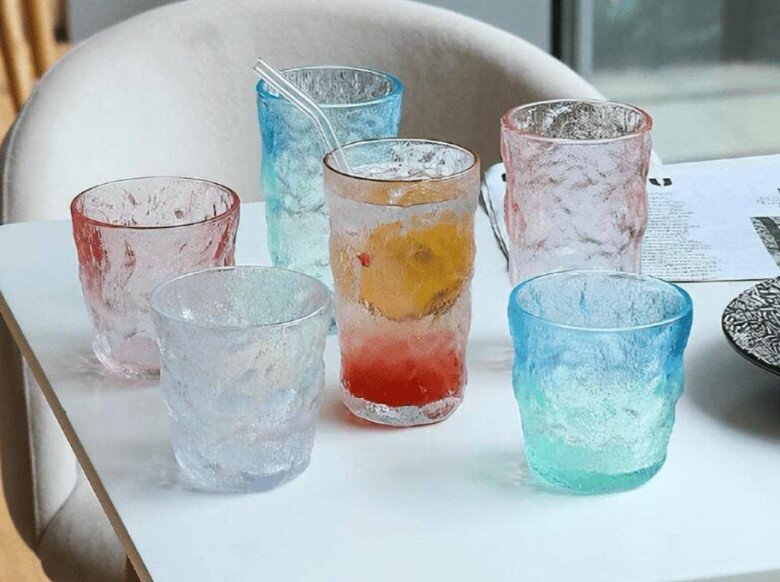
Even trendy cups aren’t immune. For example, “glacial” glass cups with wave patterns often use low-quality electroplated coatings that fade over time. Ingesting these flakes can cause heavy metal poisoning, leading to anemia, organ damage, and impaired cognitive development in children.
When buying cups, prioritize quality and safety over aesthetics or price.
3. Toxic Pillows
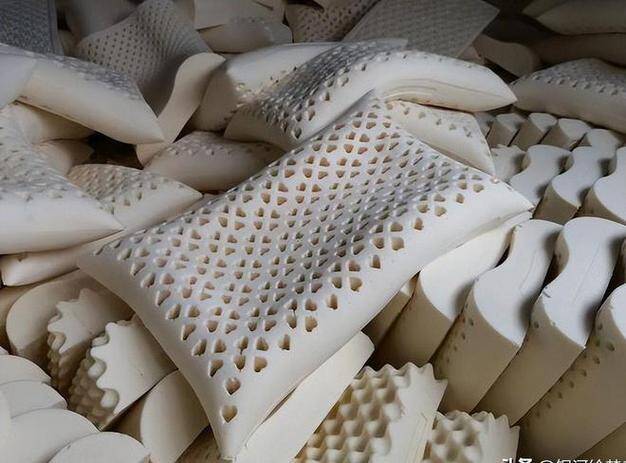
Pillows are daily essentials, so quality matters. With online shopping booming, live-stream sellers often advertise pillows at unbelievably low prices.
For instance, memory foam pillows originally priced at hundreds of thousands (or even millions) are sold for just a few tens of thousands, labeled as Thai or Malaysian imports.
At such prices, genuine high-density memory foam is impossible. These cheap pillows are made from chemicals like foaming agents, oxidizers, styrene-butadiene latex, and talc—synthetic materials packed with toxins, unlike natural rubber.
Beyond comfort and durability, these chemicals are hazardous. Prolonged use can cause nerve fatigue, respiratory issues, and even cancer from styrene fumes, while damaging the liver and kidneys.
Cheap rubber pillows often yellow and flake over time. If you’re using one, replace it immediately to protect your health.



























